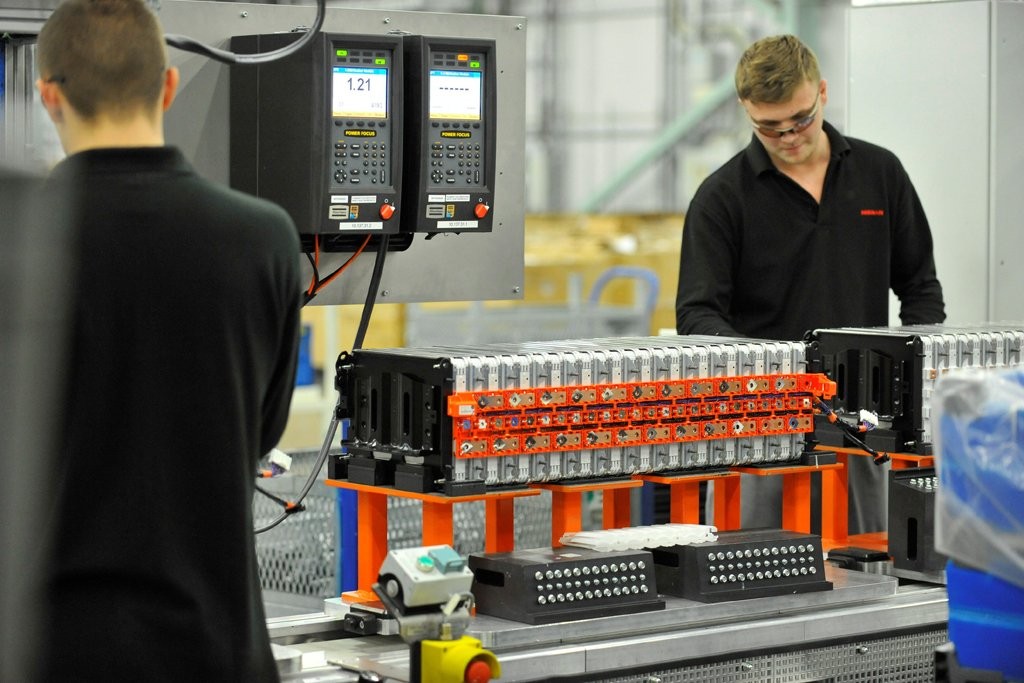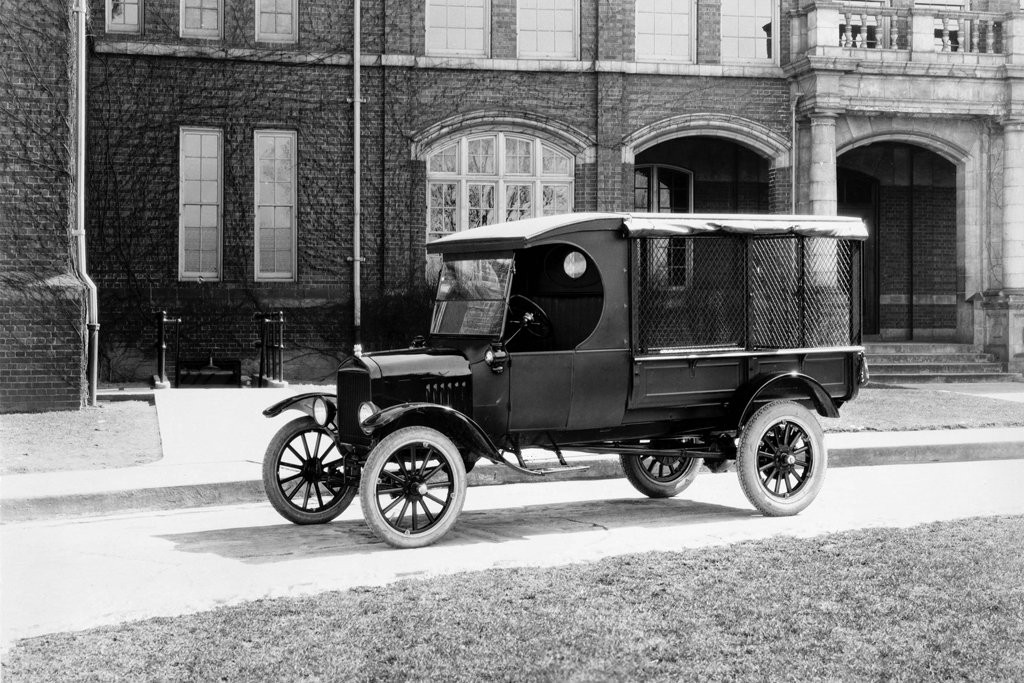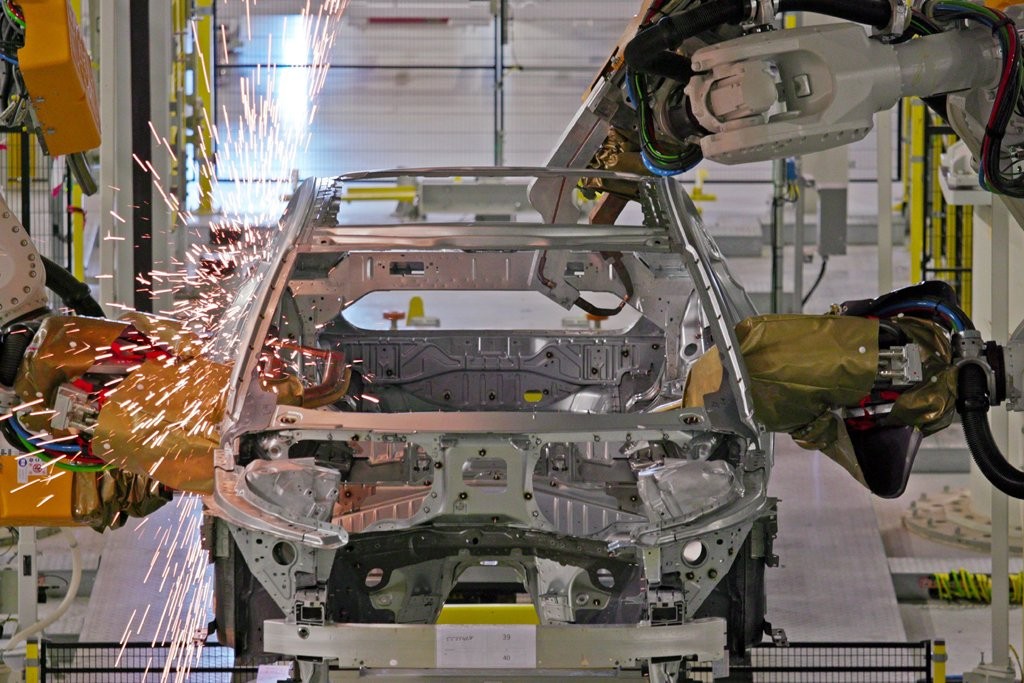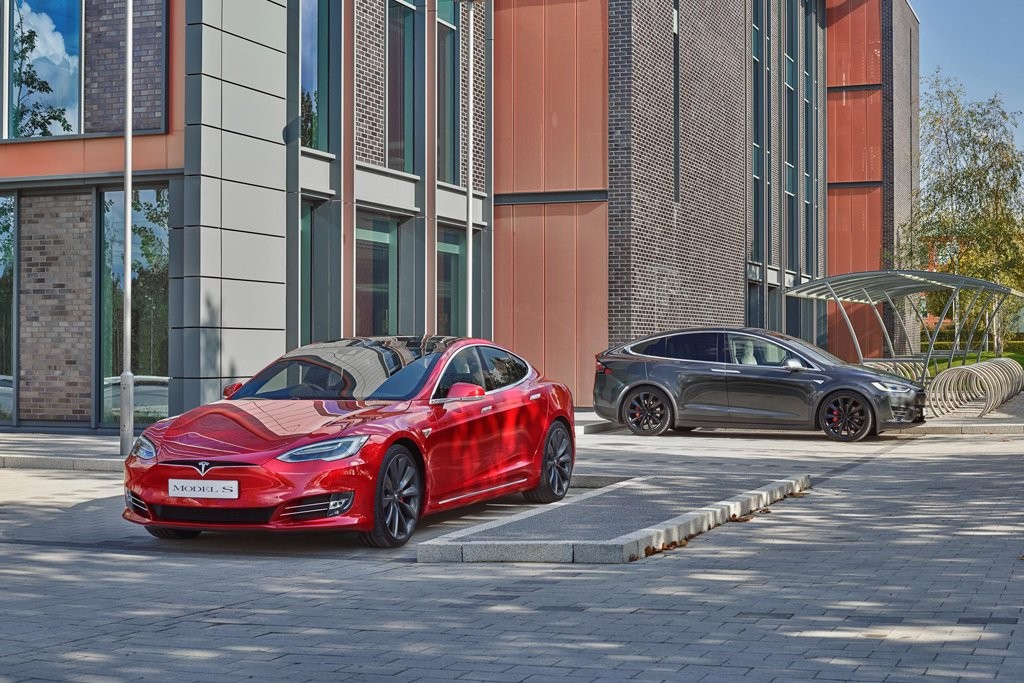Why are electric cars so expensive in Singapore?

With global warming and vehicular emissions getting out of hand, electric vehicles are touted as the solution to the world's environmental woes.
But why doesn't everyone change to electric cars? Well, there are a few limitations with range and charging duration as well as availability of chargers.
But one of the bigger hurdles has to be their prices. Despite being much more affordable than when they were first available, electric cars remain to be priced substantially higher than their fossil fuel burning counterparts. So, what exactly makes them so expensive?
The main distinction between a conventional internal combustion engine powered car and an electric car, will have to be the motor and battery. While the battery isn't made up of nearly as many moving components as the motor, it is in fact, one of the most expensive part in electric cars.

According to an article from The Straits Times, the average cost for the battery of a typical electric vehicle works out to just below $10,000. Of course, to Singaporeans, who are used to cars that cost upwards of $100,000, that doesn't seem to be plenty.
However, you have to remember that car prices here include taxes and other costs, and hence the Open Market Value (OMV) will give a better sense of the price that a manufacturer had set for its vehicles.
Here's an example showing just how substantial battery costs are. The MG ZS Electric currently has an OMV of $31,749 in Singapore, this means that the battery itself will account for almost a third of its price!
So, why are batteries so expensive? Well it is largely due to the raw materials that go into making them. Each battery cell consists of pricey components, the worst offender being the cathode, which is one of the two electrodes in the battery that store and release a charge. The cathode is made of expensive metals such as cobalt, nickel, lithium and manganese.

These metals have to be mined, processed and converted into high-purity chemical compounds before they can be used to manufacture batteries. Each step of the process costs quite a fair bit, amounting to the high cost of a battery.
Cars that are equipped with internal combustion engines (ICE) and gearboxes have been around for a long time, more than 100 years to be exact. As such, the development work on these machines has reached an extremely high level over time.

When you split the development efforts and costs among the tens of millions of internal combustion engine cars produced every year, it makes the cost per unit relatively low.
Comparatively, electric cars are much newer, and hefty development costs have been incurred in a relatively short period of time. These costs will have to be recouped through the sales of the electric cars, thus contributing to their higher price point.
All the above factors are related to economies of scale. Notice how things are always cheaper when they are purchased in bulk? Well, that's the gist of economies of scale.
If you were to spend a million dollar on the research and development of a single car, it will cost a million dollar. However, after that initial spending, the cost will be spread over the number of cars you produce from then on, making each car you produce cheaper than the one before.

Electric cars are still very new when compared to ICE cars. Along with the fact that they are still considered a novelty to many car buyers, there simply aren't as many electric cars being produced, thus contributing to its higher price point.
Gradually, things are changing. As mainstream adoption of electric cars continues to rise, they are also going to become cheaper and more attainable for the average car buyer.
Battery manufacturers are replacing the costly cobalt with nickel, which is not only cheaper, but able to hold more energy. Battery pack designs are also being worked on to offer a simplified standard that suits a range of vehicles, as opposed to tailor-made battery packs for each model, providing even more savings.

As electric vehicles advance from their infancy, production costs will gradually reduce as the manufacturers start to benefit from economies of scale.
In fact, Tesla's Elon Musk recently set an ambitious target to produce an electric car that is $17,235 cheaper than its current lowest-priced electric car - a sign of confidence in the downward trend of electric car prices.
In Singapore as well as many other countries, incentives and rebates are given to aid the uptake of electric vehicles, this too, can help to make electric cars more affordable.
This article was first published in sgCarMart.